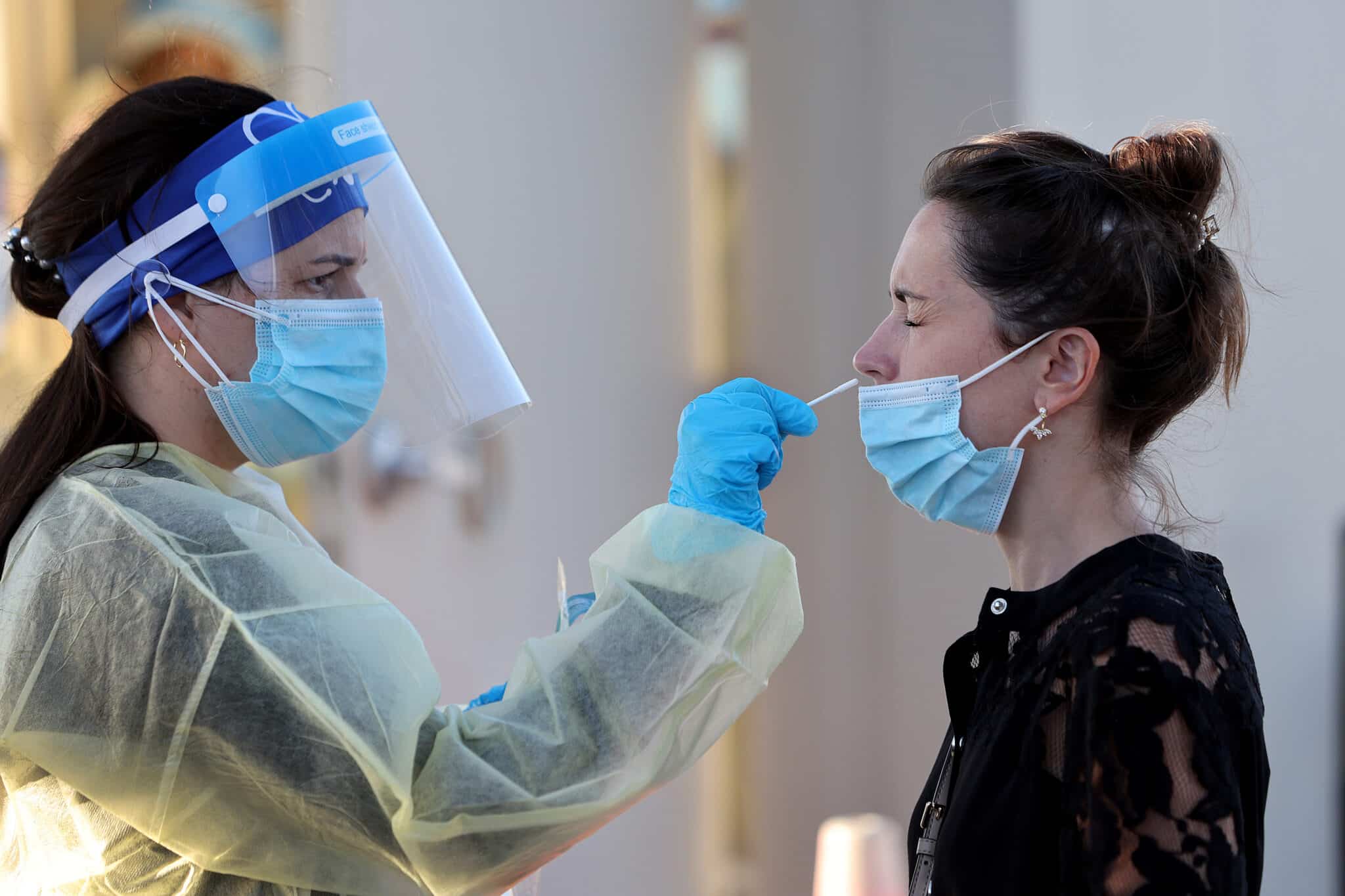As the coronavirus pandemic took hold in the United States, states scrambled to procure masks and other protective gear. Three years later, with the loosen grip of the pandemic, many states have found themselves with an excess supply of personal protective equipment (PPE), ditching their surplus in droves. A recent investigation by the Associated Press has revealed that at least 15 states have had to toss some of their stockpile of PPE due to expiration, surpluses, and lack of takers.
Ohio, for example, recently auctioned off 393,000 gowns for a meager sum of $2,451 and had to throw away another 7.2 million, along with expired masks, gloves, and other materials. These supplies had cost about $29 million in federal money to obtain. Similarly, in Rhode Island, officials had to dispose of 829 tons of PPE, and in Maryland, over $93 million worth of supplies were thrown away.
“What a real waste. That’s what happens when you don’t prepare, when you have a bust-and-boom public health system,” said Dr. Georges Benjamin, executive director of the American Public Health Association. In emergencies, a lack of planning leads to panicked over-purchasing, and oversupply results in supplies being quickly deemed useless. This situation highlights the urgent need for better management of the state stockpiles.
Many of these PPE items are aging, and states must decide on how much they want to invest in maintaining their warehouses and supply stockpiles as a deadline to allocate federal COVID-19 cash approaches next year. To date, more than 18 million masks, 22 million gowns, 500,000 gloves, and other PPE items have been thrown away. It’s important to note that these figures do not include states that didn’t give the AP exact numbers or responded in cases or other measures.
As we move forward into a post-pandemic world, it’s critical to learn from these wasteful experiences. Over-purchasing with federal funding is a predictable response to an emergency situation, but finding a better balance between surplus and scarcity is key. Investing in planning and management can prevent shortages and surplus buildups, ultimately saving money, time, and resources in the long run.
In conclusion, the excessive waste of PPE supplies in states across the US highlights the negative impact of under-preparation and over-purchasing. It emphasizes the need for better management of state stockpiles to ensure a balance between scarcity and surplus. As the United States continues to battle the pandemic and other potential emergencies, policymakers must prioritize effective planning and management to avoid repeating past mistakes.

















